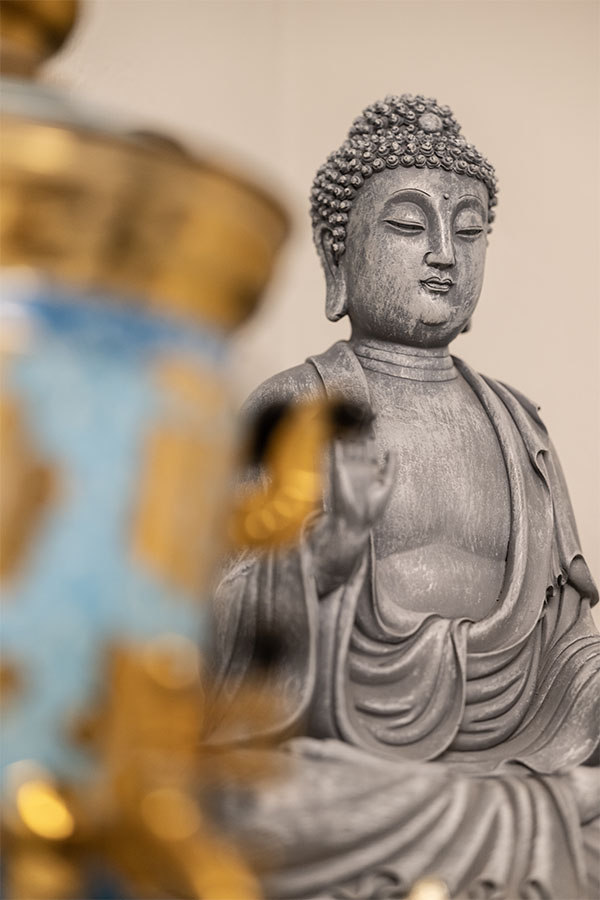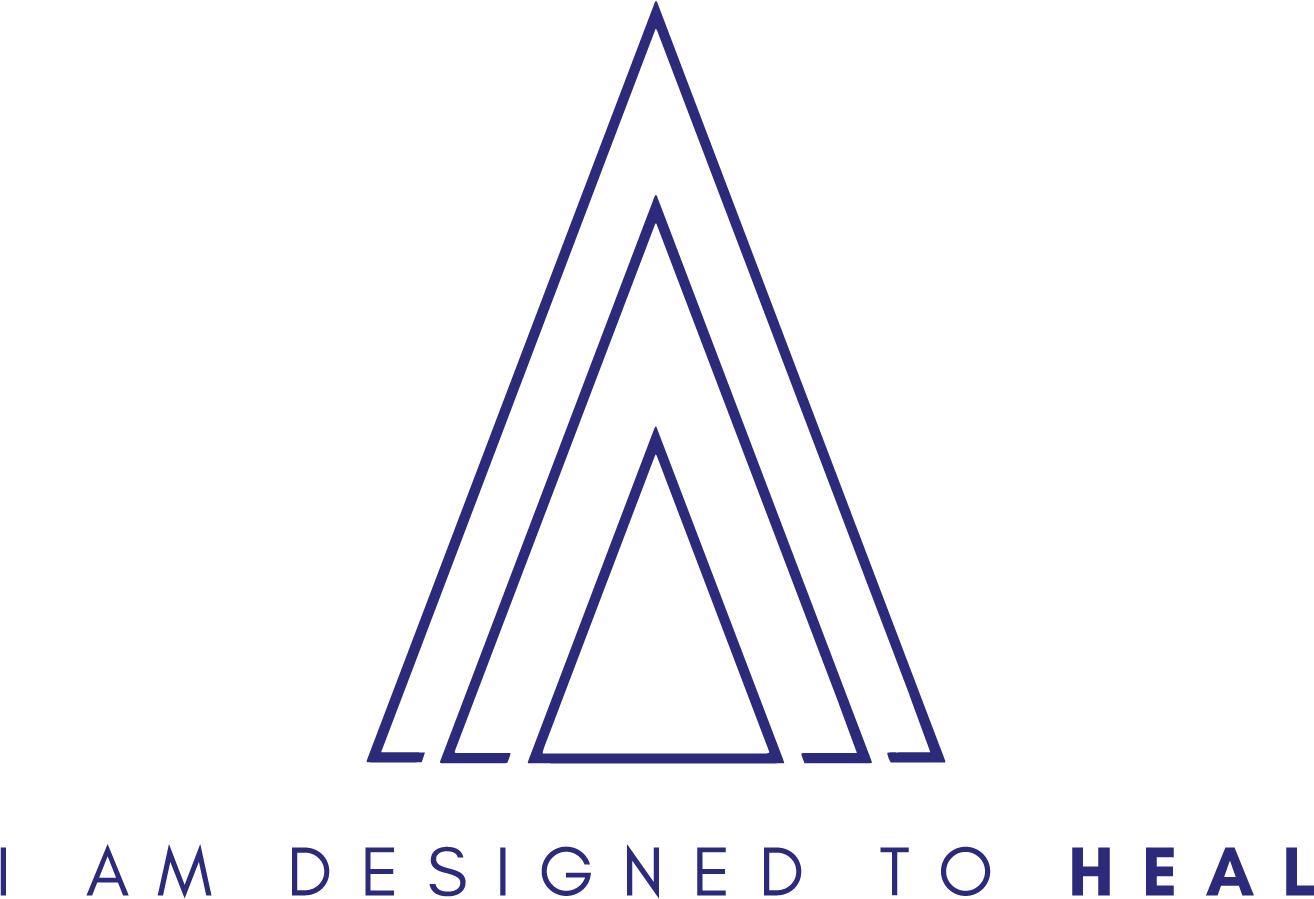
26 Mar Why Sleep Hygiene Matters for Brain Function and Mental Health: A Friendly Guide with TCM Insights
We’ve all experienced those frustrating nights when sleep seems to evade us. Tossing and turning, counting sheep—nothing seems to work. If you do manage to catch some sleep, it might be fleeting or interrupted, leaving you feeling groggy, cranky, or low for the rest of the day.
Good sleep hygiene is key to maintaining not just a good night’s sleep but also your brain function and mental well-being. Here’s why it’s so important and how Traditional Chinese Medicine (TCM) can offer some helpful support.
Why Sleep Hygiene is Crucial
1. Boosts Cognitive Function: Quality sleep is essential for brain health. It helps with memory consolidation, learning, and overall cognitive performance. When sleep is disrupted, these vital processes suffer, leading to problems with memory, concentration, and problem-solving (Walker, 2017).
2. Stabilizes Mood: Adequate sleep is linked to emotional balance. Poor sleep can increase the risk of mood disorders like anxiety and depression. By improving sleep hygiene, you help maintain a stable mood and enhance mental resilience (Hertenstein et al., 2019).
3. Supports Physical Health: Good sleep supports your immune system, hormonal balance, and metabolism. Chronic sleep issues can lead to health problems such as obesity and cardiovascular disease (Walker, 2017).
4. Restores Brain Function: Deep sleep stages are crucial for brain restoration. Insufficient deep sleep can impair memory, cognitive function, and stress management (Xie et al., 2013).
How Traditional Chinese Medicine Enhances Sleep Hygiene
1. Balancing Qi (Vital Energy): TCM focuses on balancing Qi, the body’s vital energy. Disruptions in Qi can lead to sleep problems. Techniques like acupuncture and herbal remedies aim to restore balance, promoting better sleep (Liu et al., 2019).
2. Regulating Yin and Yang: TCM balances Yin (calming energy) and Yang (stimulating energy). Insomnia often arises from an imbalance in these energies. TCM therapies help regulate these forces to improve sleep quality (Wang et al., 2018).
3. Harmonizing the Five Elements: TCM uses the Five Elements (Wood, Fire, Earth, Metal, Water) to understand and treat sleep issues. Imbalances in these elements can affect sleep. TCM practitioners use acupuncture and herbs to balance these elements and enhance sleep (Chen et al., 2020).
4. Herbal Remedies: TCM offers herbs like Suan Zao Ren (Ziziphus) and Bai Zi Ren (Biota seed) that help calm the mind and promote restful sleep (Zhang et al., 2016).
5. Mindfulness and Relaxation: Practices such as Tai Chi, Qigong, and meditation, common in TCM, support relaxation and reduce stress, which is beneficial for sleep (Wang et al., 2019).
6. Lifestyle and Dietary Tips: TCM emphasizes maintaining a regular sleep schedule, creating a relaxing bedtime routine, and eating foods that promote relaxation. These practices are essential for good sleep hygiene (Wang et al., 2020).
Integrating TCM with Modern Sleep Hygiene Practices
Combining TCM approaches with modern sleep hygiene tips can create a powerful strategy for better sleep:
- Stick to a Sleep Schedule: Going to bed and waking up at the same time every day helps regulate your body’s internal clock (National Sleep Foundation, 2021).
- Create a Bedtime Routine: Engage in calming activities before bed to signal your body that it’s time to unwind (National Sleep Foundation, 2021).
- Optimize Your Sleep Environment: Make sure your bedroom is comfortable, dark, and quiet (National Sleep Foundation, 2021).
- Limit Screen Time: Reduce exposure to screens before bed to avoid disrupting melatonin production (Harvard Health Publishing, 2022).
By integrating TCM principles with these modern practices, you can enhance your sleep hygiene, support brain function, and improve mental health. For personalized advice and treatments, consider consulting with Dr. Alik, a licensed and experienced TCM practitioner who can help you develop a tailored approach to better sleep and overall well-being.


